As your business grows, so does your responsibility to your employees.
As a solo entrepreneur, you can (and often need) to work quickly, putting in the long hours needed to get your business up and running.
But you also need to make sure that you’re taking care of your employees.
To do that, you need the HR software solution in your corner.
However, with so many options to choose from (and likely a limited amount of time to do your research!), finding the right HR software can be hard.
With that in mind, I’ve done the hard yards for you! Here are 6 of the best HR software solutions for small businesses.
Short on time? Here are the key takeaways
- Gusto: Offers an all-in-one payroll, benefits, and HR platform that’s simple and affordable.
- Zoho People: Offers highly customizable HR management tools at an affordable cost.
- Homebase: Specializes in easy scheduling, time tracking, and team communication.
- Deel: Streamlines global hiring and payroll for small businesses looking to easily expand their remote or international teams.
- Connecteam: Delivers an intuitive mobile-first platform for workforce management.
- Rippling: Combines HR, IT, and payroll into one powerful system that scales as you grow.
- BambooHR: Offers a user-friendly HR software focused on employee experience.
What is HR Software?
But before we jump straight in, let’s quickly look at what an HR software solution is, and also what it isn’t.
HR software (also known as Human Resources software) is a digital solution that helps businesses automate, organize, and optimize their human resources processes.
It encompasses a wide range of functions, including recruiting and onboarding new employees, managing payroll and benefits, tracking performance, storing employee records, ensuring legal compliance, and enhancing internal communication.
For small businesses, HR software is especially valuable because it streamlines administrative tasks, reduces human error, saves time, and allows business owners to focus more on growth and leadership rather than paperwork.
HR software doesn’t:
- Conduct interviews or evaluate candidates: It can schedule interviews and track applicants, but humans still need to assess skills and ensure a cultural match.
- Onboard and train new employees: HR software can manage documents and checklists, but real onboarding requires human interaction.
- Resolve workplace conflicts: It can log complaints or track incidents, but managers or HR leaders must actually handle disputes.
- Understand employee emotions or morale: Some tools can measure engagement scores, but spotting burnout, dissatisfaction, or motivation still requires human intuition.
Key Factors to Consider When Selecting an HR Software Solution
Now the basics are covered, I want to take a moment to highlight the key factors that I considered when compiling this list.
After all, there are several ‘non-negotiable’ factors that any good HR software must have. I’ve listed them below, and they are the foundations of the companies I have selected for you to consider.
Ease of use
For starters, the right HR system should be simple and intuitive for both admins and employees. As a small business owner, you want to ensure that HR tasks aren’t taking up too much of your time, as you also have several other important tasks to focus on to make the business a success.
Core features
The right human resource management software also needs to cover all the basics you need. That means picking a platform that offers payroll processing, onboarding new employees as the business grows, and employee management.
Scalability
Choose a system that can grow with your business, not one you’ll outgrow in a year. As you continue to successfully grow your brand, you want to ensure that your HR operations can keep up with the rest of your business.
Integration and compatibility
The right HR management software should also easily connect with your existing tools, like accounting, scheduling, performance management tools, and communication platforms.
This goes back to focusing on ease of use. I’m a strong believer in ensuring small businesses meet all the necessary employee standards, but that they do so in a way that doesn’t slow down their brand’s growth or cause unnecessary issues.
Security and compliance
Lastly, you can’t ignore security and compliance! Small businesses need an HR portal that offers strong data protection and helps with legal compliance, both of which are non-negotiable.
The 6 Best HR Software For Small Businesses in 2025
Now that you know the benchmarks I used to build out this list, let’s dive straight into the best solutions for you to consider.
Gusto
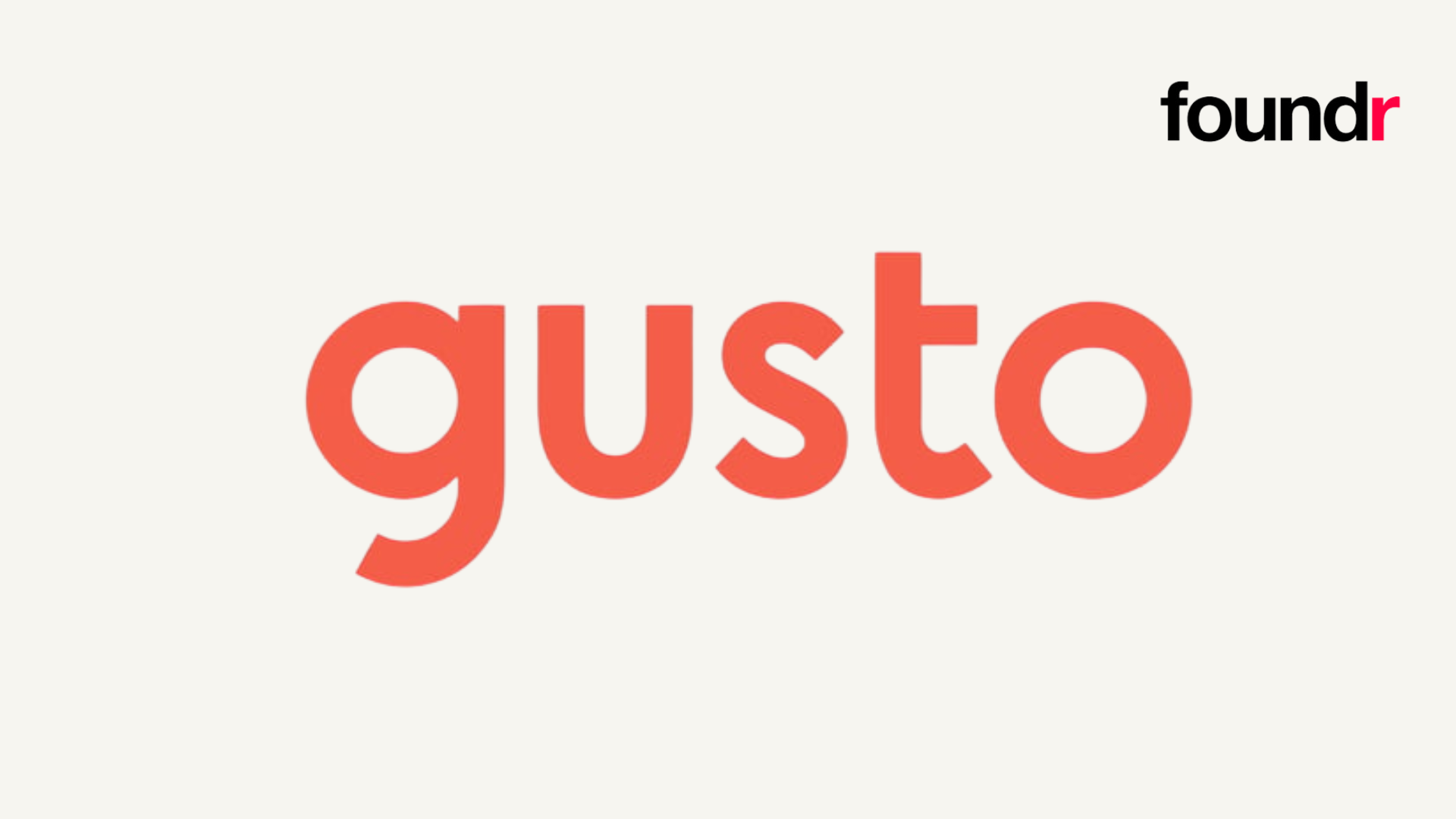
Pros:
- Easy-to-use interface perfect for non-HR experts
- Strong payroll and benefits management, especially for U.S. teams
- Transparent pricing with no hidden fees
Potential drawback:
- Limited international support compared to some competitors
Pricing
- Simple – $49 per month (plus $6 per month per person)
- Plus – $80 per month (plus $12 per month per person)
- Premium – $180 per month
Gusto is a top choice for small businesses looking for an easy-to-use, all-in-one HR platform. It offers full-service payroll, benefits management, hiring tools, and employee onboarding in a straightforward dashboard, making HR tasks much easier for busy small business owners.
Known for its friendly interface and transparent pricing, Gusto is particularly well-suited for U.S.-based businesses that want to stay compliant and support their expanding teams.
However, it’s worth noting that Gusto has limited support for international employees, which could be a drawback for businesses planning to expand globally.
Zoho People
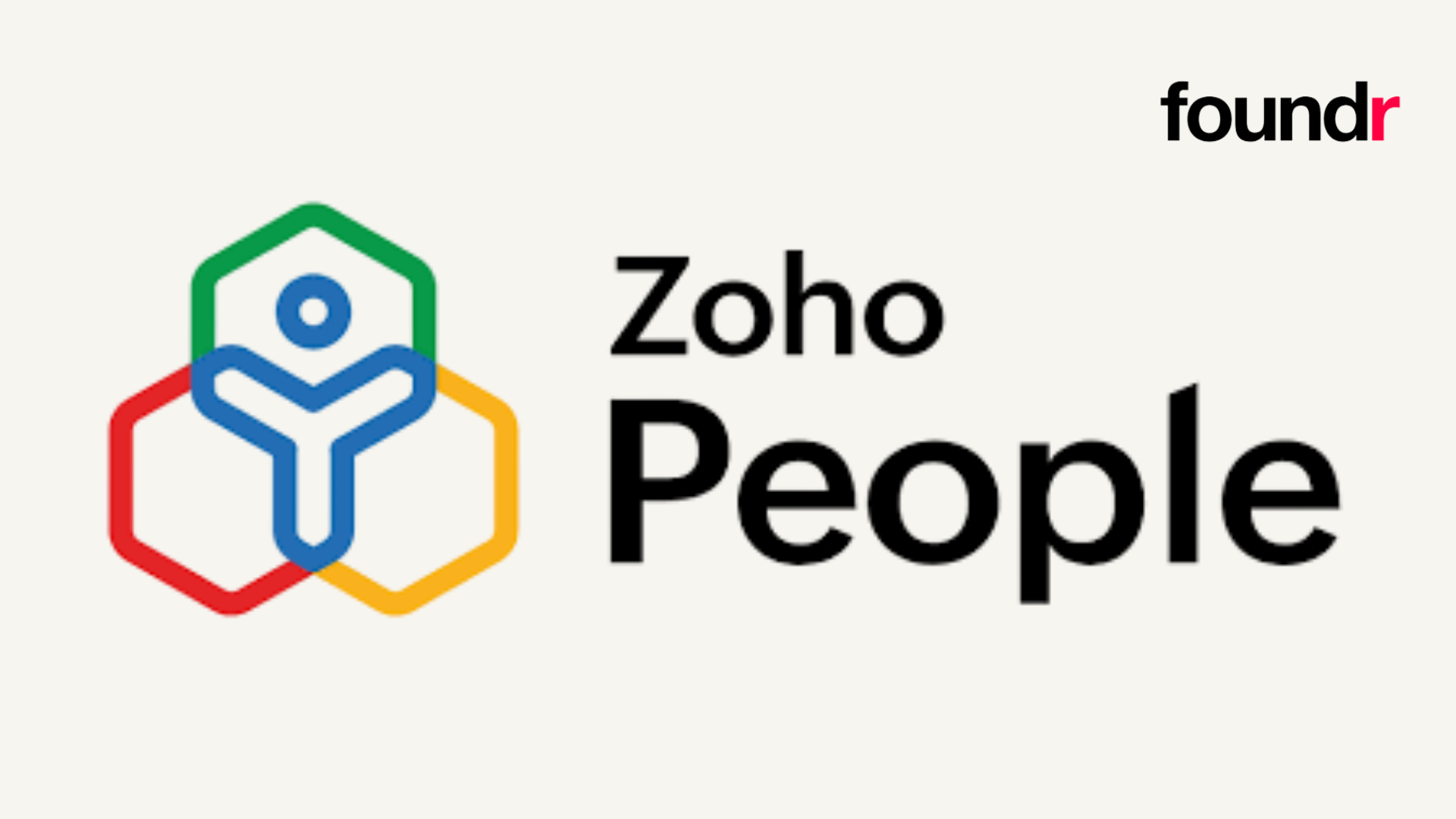
Pros:
- Highly customizable workflows and modules
- Affordable pricing plans, especially for small teams
- Seamless integration with other Zoho apps
Potential drawback:
- Some users find the interface less intuitive and outdated
Pricing
- Free Plan: Available for up to 5 users
- Essential: $1.50 per employee per month (or $1.25 when billed annually)
- Professional: $2.50 per employee per month (or $2.00 when billed annually)
- Premium: $3.50 per employee per month (or $3.00 when billed annually)
- Enterprise: $5.00 per employee per month (or $4.50 when billed annually)
- People Plus: $10 per employee per month (or $9.50 when billed annually)
Zoho People is a flexible and affordable HR software solution that’s perfect for small businesses requiring customizable workflows and strong employee management tools.
It offers features like time tracking, leave management, onboarding, and performance reviews, all integrated with the broader Zoho ecosystem.
Zoho People is ideal for businesses seeking a highly adaptable system without a substantial price tag. However, some users find the interface less modern and occasionally challenging to navigate compared to newer competitors.
Homebase
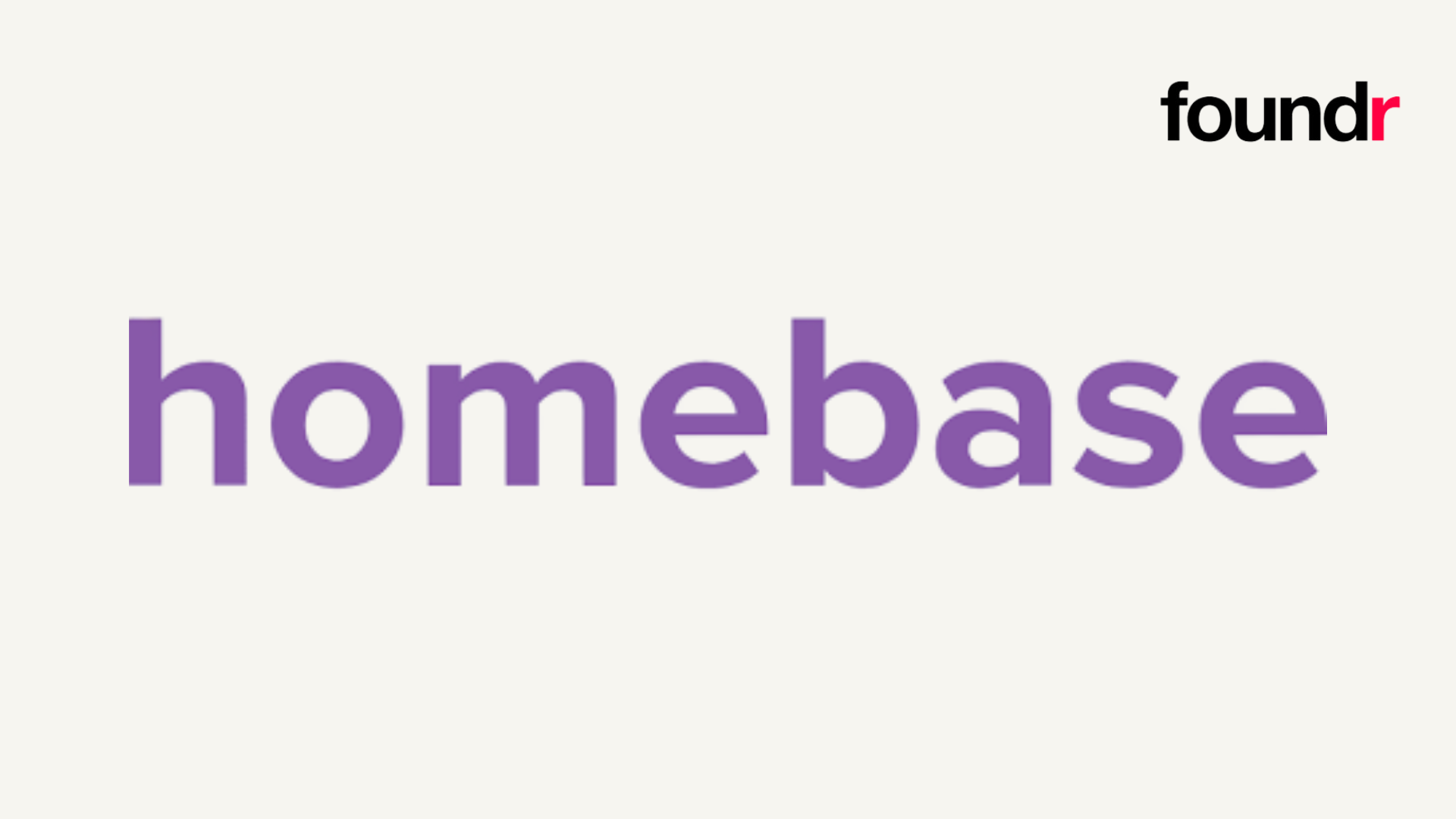
Pros:
- Excellent free tier for basic scheduling and time tracking
- Great for managing hourly and shift workers
- Simple team communication tools built in
Potential drawback:
- Payroll features cost extra and are U.S.-only
Pricing
- Basic: Free for one location with up to 20 employees
- Essentials: $24.95 per location per month
- Plus: $59.95 per location per month.
- All-in-One: $99.95 per location per month
Homebase is a user-friendly HR platform tailored for small businesses, especially those with hourly employees in sectors like retail, hospitality, and food service. It offers a comprehensive suite of tools, including employee scheduling, time tracking, team communication, hiring, onboarding, and labor cost management, all accessible through a mobile-friendly interface.
While Homebase is excellent for small teams, it may not be ideal for larger organizations or those requiring advanced customization. From my experience, there were some limitations in configurability and scalability, which could pose challenges as your business grows.
Deel
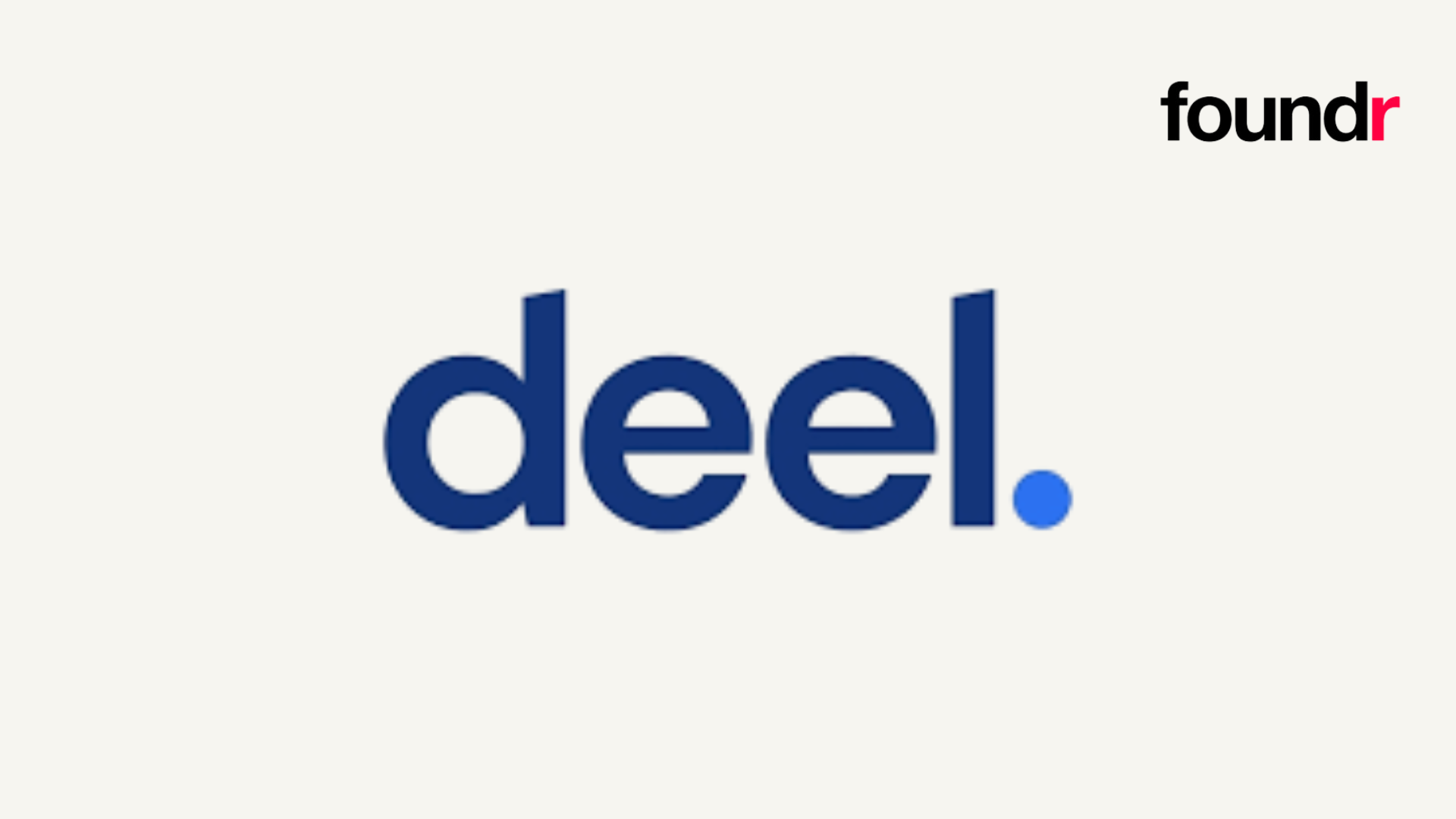
Pros:
- Simplifies global hiring, compliance, and payroll
- Built-in contractor and employee management for multiple countries
- Strong compliance and legal document handling
Potential drawback:
- Overkill (and pricey) if you only hire domestically
Pricing
- Contractor Management: Starting at $49 per contractor per month
- Employer of Record (EOR): Starting at $599 per employee per month
- Global Payroll: Starting at $29 per employee per month
- Deel HR: Free for teams with up to 200 people
Deel is a comprehensive global HR platform designed to simplify international hiring, payroll, and compliance for businesses of all sizes. It enables companies to hire full-time employees and contractors in over 150 countries without the need to establish local entities, making it an ideal solution for small businesses aiming to expand globally.
While Deel offers a robust solution for global HR management, I noticed a few issues with customer support responsiveness and occasional system complexities. Additionally, the cost is higher compared to other platforms that made the list, which could be a consideration for small businesses with limited budgets.
Connecteam
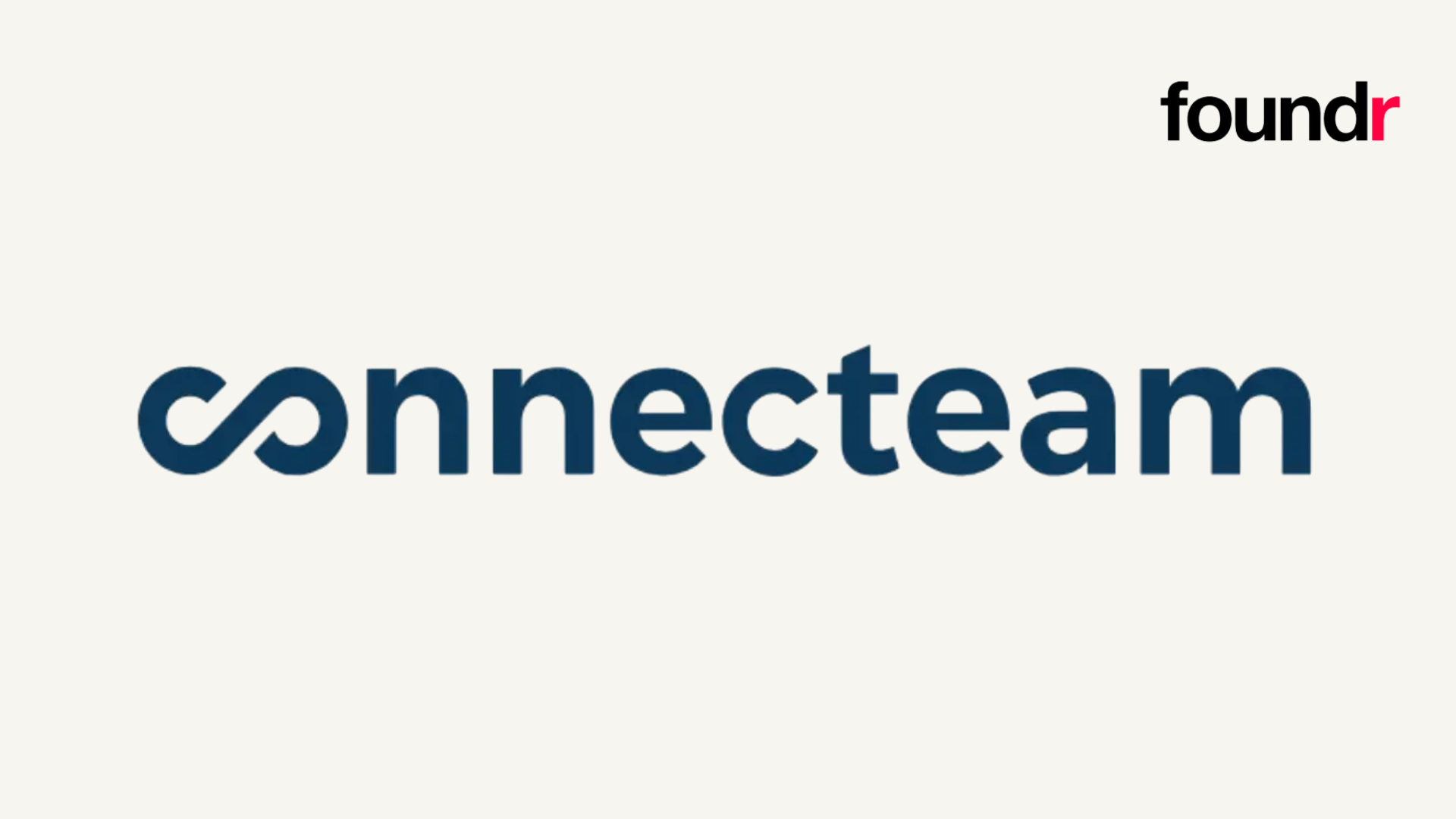
Pros:
- Mobile-first design that’s easy for field employees to use
- Affordable plans tailored to small teams
- All-in-one app covering scheduling, forms, chats, and task management
Potential drawback:
- Feature depth may feel shallow compared to specialized tools
Pricing
- Free Plan: Available for businesses with up to 10 users
- Basic Plan: Starting at $29 per month (billed annually)
- Advanced Plan: Starting at $49 per month (billed annually)
- Expert Plan: Starting at $99 per month (billed annually)
Connecteam is a mobile-first HR and workforce management platform designed for small businesses, particularly those with deskless or frontline teams in industries like retail, construction, hospitality, and field services.
It offers a comprehensive suite of tools, including employee scheduling, time tracking, task management, internal communication, and HR functionalities such as onboarding, training, and document management.
While Connecteam excels in managing deskless workforces, it may not be the ideal choice for businesses seeking advanced payroll functionalities or extensive desktop-based operations.
Not to mention the fact that researching pricing made my head hurt!
Rippling
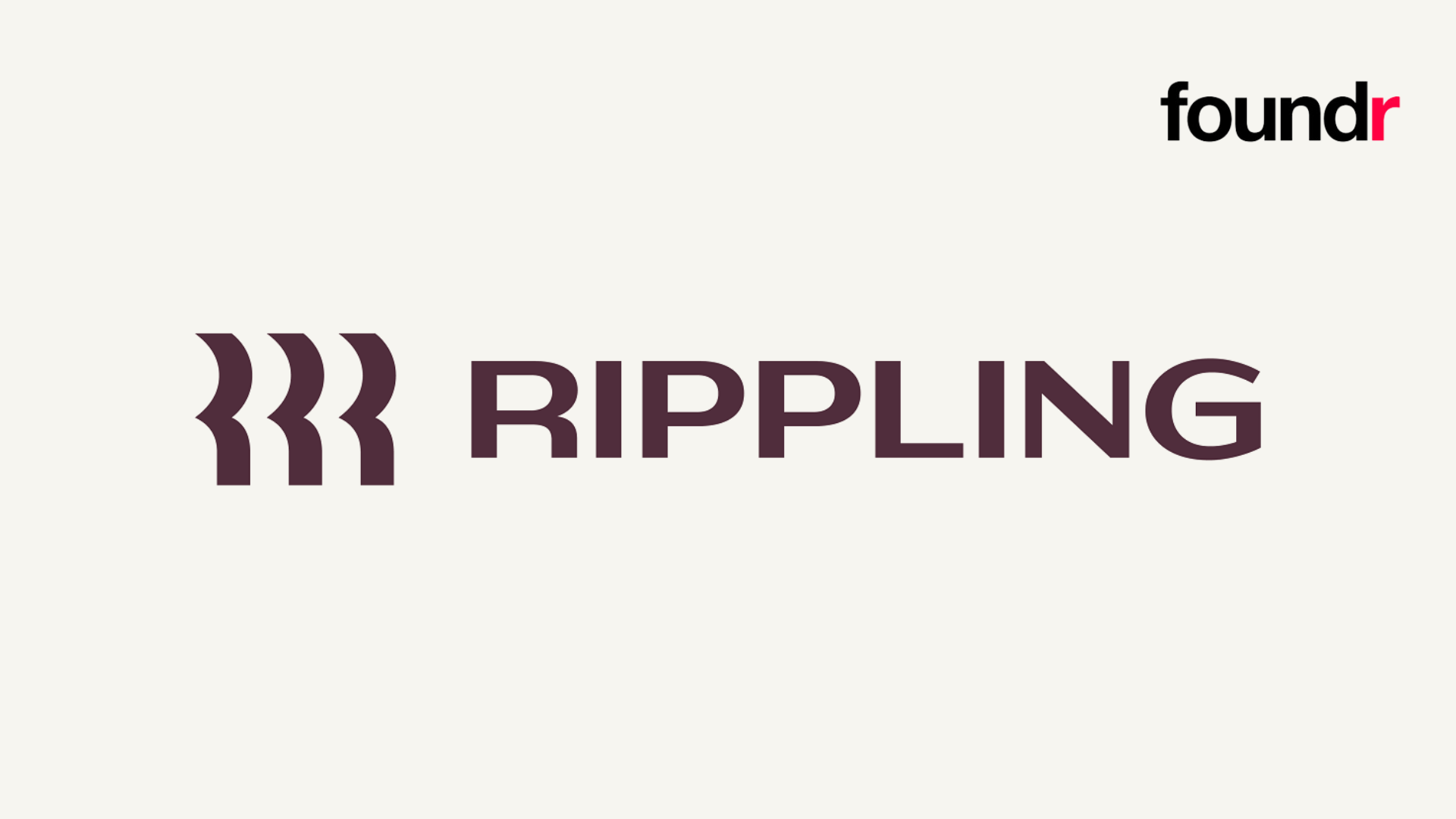
Pros:
- Combines HR, IT, finance, and payroll management in one place
- Scales easily as your business grows
- Automates onboarding and offboarding tasks efficiently
Potential drawback:
- It can get expensive quickly as you add more modules
Pricing
- Base Platform: Starts at $8 per user per month
- Core HR Features: From $21 to $29 per employee per month, depending on the selected modules
- Additional Modules: IT management features can add $5 to $20 per employee per month
Rippling is a comprehensive HR platform that unifies HR, IT, and finance systems into a single, easy-to-use solution. It offers a wide range of features, including payroll processing, benefits administration, time and attendance tracking, device management, and expense management.
Rippling’s modular approach enables businesses to tailor their plans by selecting only the features they need, making it scalable for companies of all sizes. Its intuitive interface and automation capabilities streamline complex processes, reducing manual work and improving efficiency.
While Rippling offers a robust and flexible platform, I did find that the pricing structure can become complex and potentially costly as additional modules are added. Additionally, customer support is primarily chat-based, with phone support available only for clients with over 150 employees, which may be a limitation for smaller businesses seeking immediate assistance.
Gain Other Essential Business Tips For Just $1
Choosing the right HR software is just the beginning. If you want to scale your business in 2025, mastering HR, leadership, and team growth is essential.
For just $1, unlock access to 30+ expert-led courses and 1,000+ lessons designed to help small business owners and entrepreneurs hire smarter, build strong teams, and streamline operations.
Learn everything from selecting the best HR tools to managing employee data, boosting retention, and creating a thriving company culture.
Join thousands of entrepreneurs growing smarter and faster.
Frequently Asked Questions About HR Software
What are the main HR functions in a small business?
The main functions of HR include recruiting, onboarding, managing employee data, handling payroll and benefits, ensuring compliance, and fostering employee engagement.
Why is managing employee data important in HR?
Accurate employee data management is crucial for tracking performance, maintaining legal compliance, streamlining payroll, and making informed business decisions.
How can small businesses create effective HR processes?
Small businesses can create effective HR processes by clearly defining workflows for hiring, onboarding, time tracking, performance reviews, and employee offboarding.
What types of HR data should small businesses track?
Small businesses should track HR data like employee personal information, job history, time-off records, performance evaluations, and compensation details to support operations and compliance.

